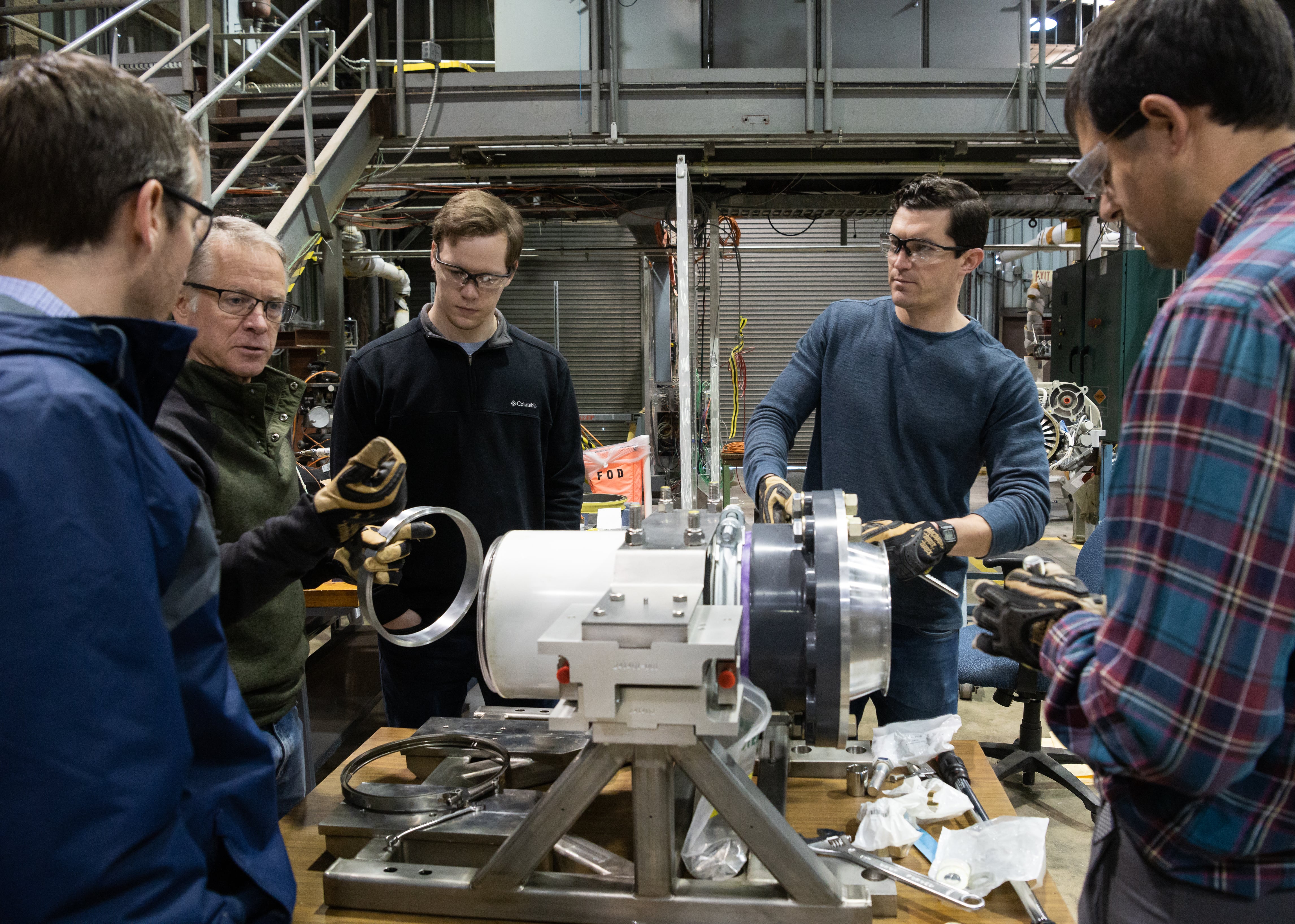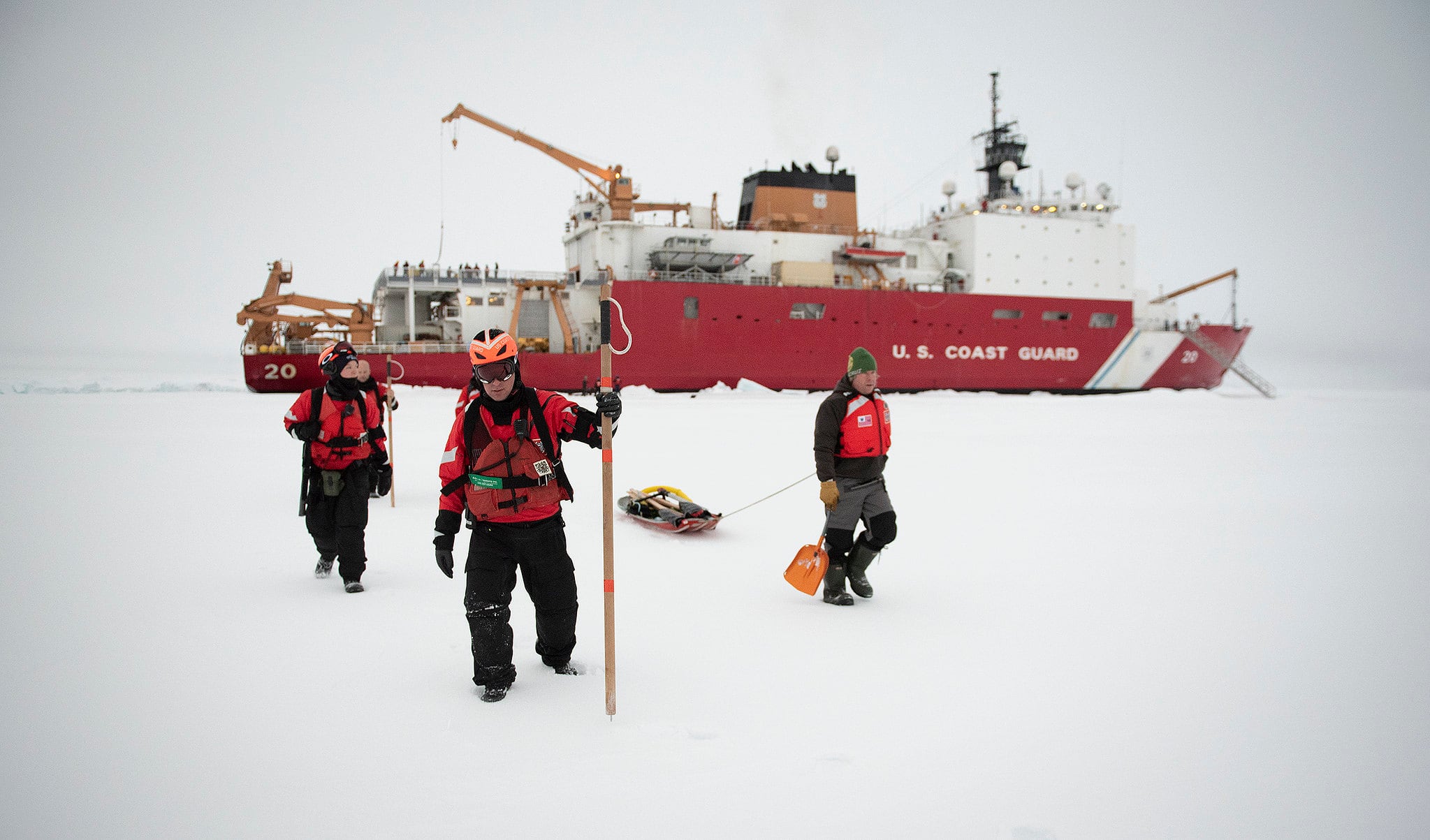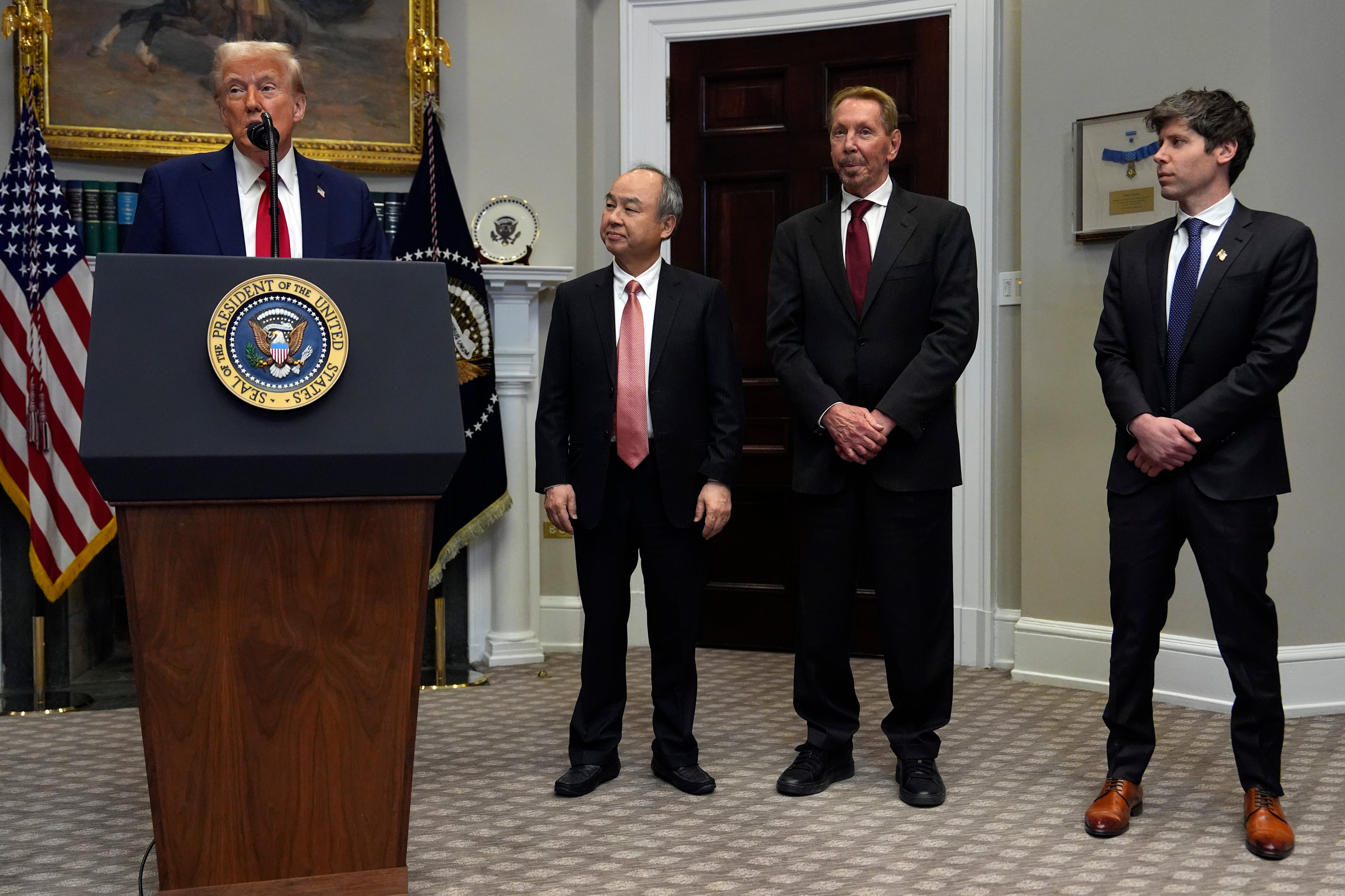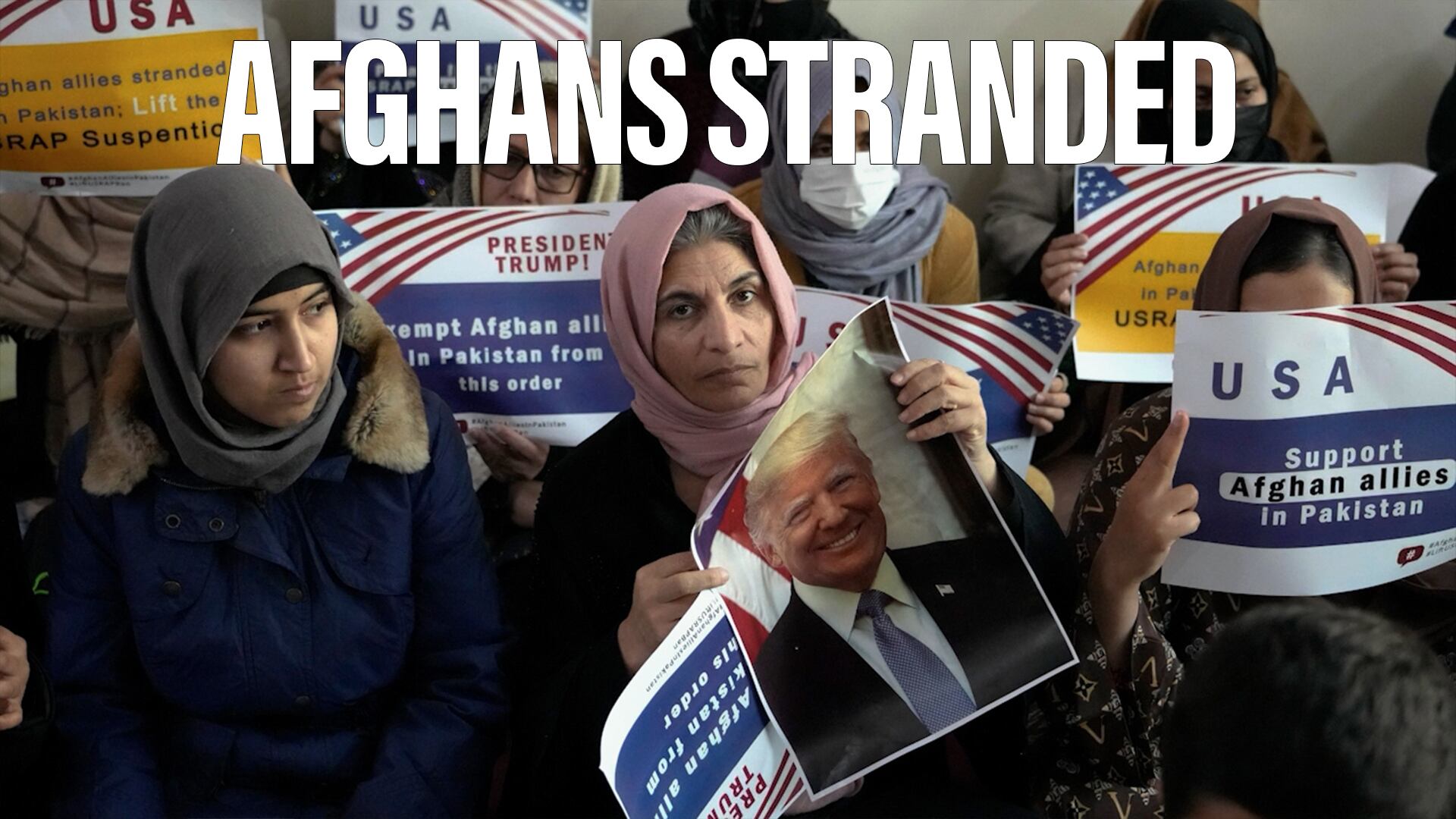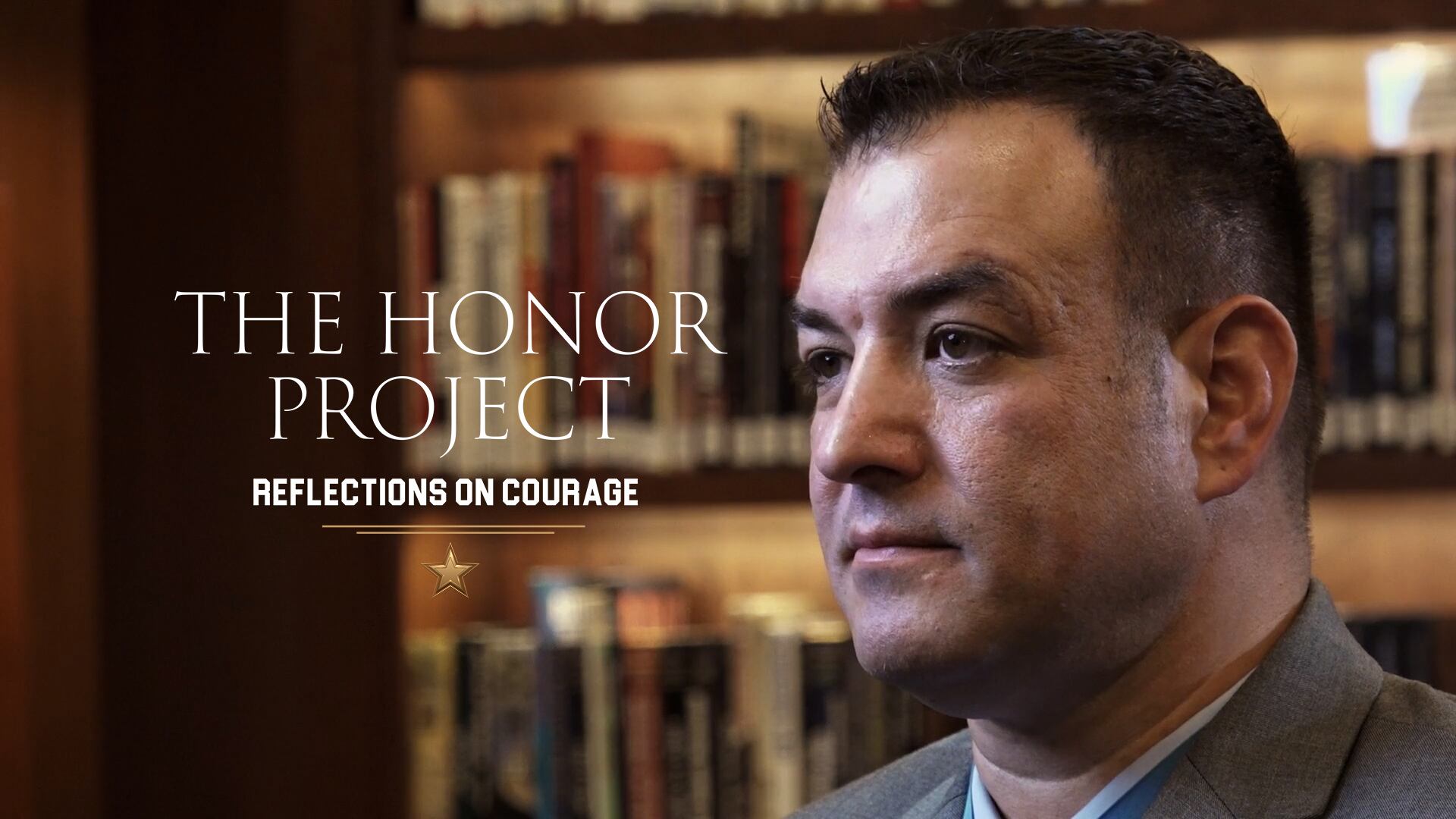LONDON and SIMI VALLEY, Calif. — The United Kingdom is open to working with U.S. industry to build a new global navigation satellite system, following London being frozen out of the Galileo spacecraft program by the European Union, the British defense secretary said this weekend.
“We are very much open to" working with the U.S. on a new system, Gavin Williamson told reporters at the Dec. 2 Reagan National Defense Forum in California. “We will be very happy to work with allies, like-minded friends in terms of development, and it will be something that I think will bring quite considerable benefits."
“If you look at this, it isn’t something that necessarily will compete with the Global Positioning System," Williamson added. "And, actually, no single country should wish to be completely reliant on one system, and the EU, through Galileo, never let the U.S. effectively be able to have the access to the system that it would need.”
The remarks by Williamson came 48 hours after Britain hardened its negotiating position in the row with the European Union over being excluded from Galileo’s military and security data post Brexit, with Prime Minister Theresa May announcing in a statement the country would be pulling out of the project.
It is in Britain’s national interest to develop it’s own alternative system, May said, stating: “Given the [European] Commission’s decision to bar the UK from being fully involved in developing all aspects of Galileo it is only right that we find alternatives."
The £9 billion (U.S. $11 billion) Galileo system will comprise 30 satellites, made up of 24 operating systems with six orbiting spares. The U.K. has invested approximately £1.2 billion in the Galileo program to date, and British industry has provided key technologies, including much of the encrypted computed-based Public Regulated Service system, which is at the heart of payload elements providing data to military and security users for missile targeting and other requirements.
“Galileo has been built on our money, our technology, our research. So the idea that I’m going to continue, or the British government is going to continue, to pump money into a project where we do not have military access or commercial access, frankly, is both naive and optimistic on behalf of the European Union,” Williamson said.
“The United Kingdom — we have the technology, the ideas, the people. And frankly we will do our own with other allies, and I believe it will be more successful and it will be more formidable than anything that Europe can produce.”
RELATED
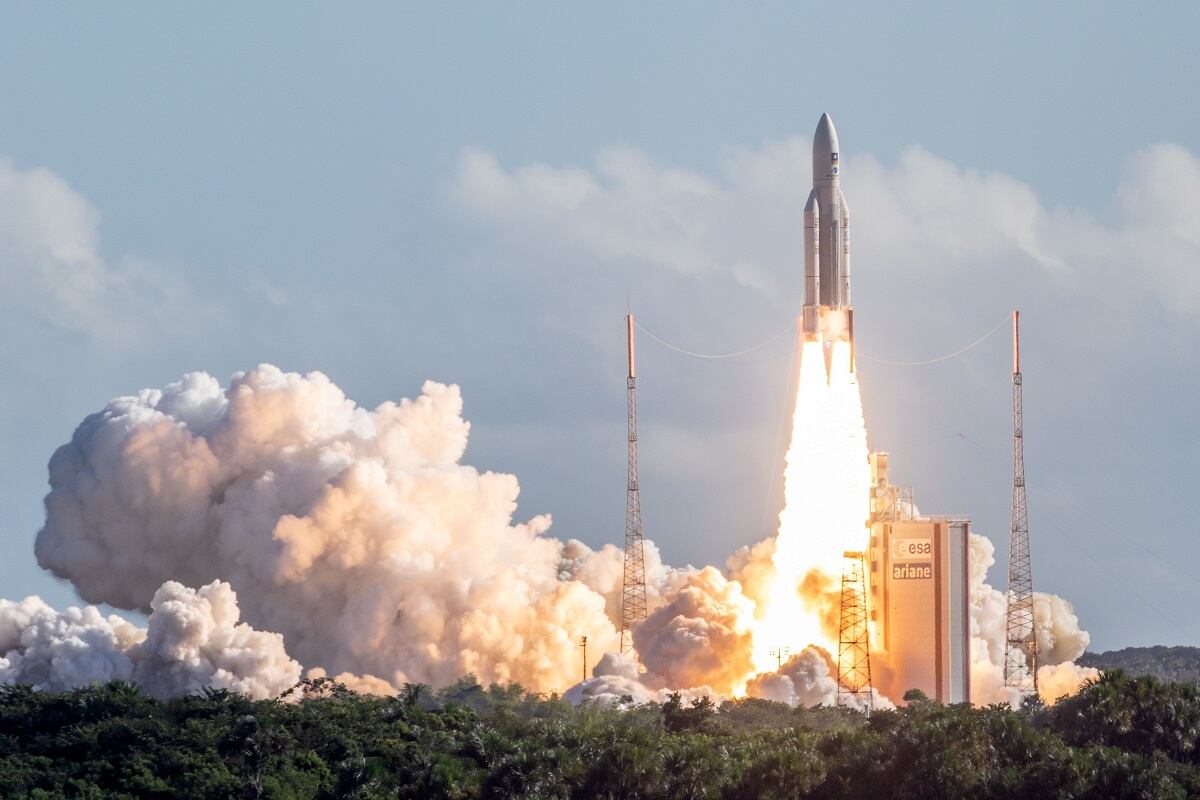
In August the British government set aside £92 million to look at options to replace Galileo with a newer, more capable system, and Britain says it’s confident it has the technical know-how to build a new satellite navigation network.
Airbus CEO Tom Enders weighed into the row on Dec. 3, tweeting that the U.K.’s departure from Galileo would be a “serious blow to the EU’s common security and defence ambitions.”
“Don’t those talking about a European army know that the UK is one of only two serious military powers in Europe?” he said on Twitter.
Last week it emerged Airbus had relocated 80 jobs from Britain to the continent to enable work on the project to be completed.
As to partnering in the U.S., Williamson said the focus will be more working with industry stateside than coordinating directly with the Pentagon.
“It will very much be working with U.S. defense companies, but also much more broadly in terms of allies. But it’s a dialogue that needs to develop," the defense secretary said. “If that is something that the Department of Defense looks at with interest in the future, it would be good to have that discussion [and get the] ducks in a row in order to be able to take forward a proper proposition.”
Australia is another country that has been touted as a possible partner in any future system.
Andrew Chuter is the United Kingdom correspondent for Defense News.
Aaron Mehta was deputy editor and senior Pentagon correspondent for Defense News, covering policy, strategy and acquisition at the highest levels of the Defense Department and its international partners.


